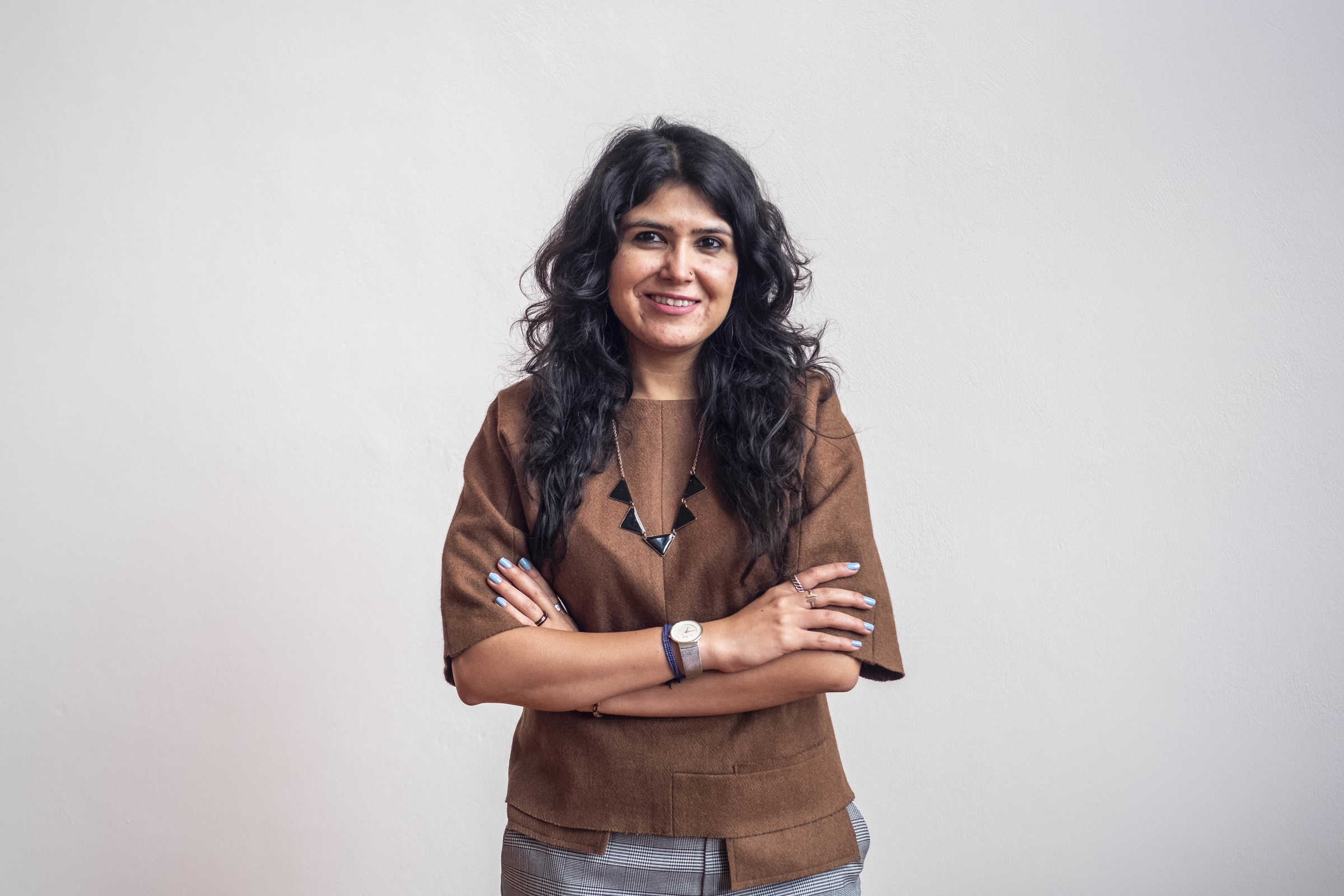Occasional, highly esteemed guest at DAI, Natasha Ginwala, sends us the announcement to: "Language is Migrant" ~ the seventh edition of the amazing interdisciplinary Arts Festival in Sri Lanka of which she is the artistic director. Colomboscope journeys from a poem-manifesto by Chilean artist and poet Cecilia Vicuña. She writes: "Words move from language to language, from culture to culture, from mouth to mouth. Our bodies are migrants; cells and bacteria are migrants too. Even galaxies migrate." From 20 till 30 January 2022. Much can be watched on line !
Artists compose, decipher and perform as vital travelers and storytellers of our times. Often, repairing relations by drawing material articulations from deep losses, silence and erasures while inventing language forms as bridges between communal narratives, official records, and submerged histories.
The festival brings together intergenerational cultural practices from across Sri Lanka, South Asia and varied international contexts fostering global dialogue. Curated by Anushka Rajendran with artistic director Natasha Ginwala, several commissioned artworks and long-term projects will mobilize acts of transmission that embrace collective synergies and refuse parochial attitudes that are on the rise while dwelling in place. Instead, the channeling of sonic frequencies, live acts and spaces of reading become elemental instruments that sustain the traffic of creative processes, biographical timekeeping, engaged listening and senses of diasporic belonging.
Circulation is primordial to all forms of life, yet we don’t often consider the ways linguistic bodies traverse geographies and shape social worlds composed of polyphonic tongues and fragmented memory fields. Since mobility and immobility are the common condition of planetary existence, we ask, mindful of the historical error of forced movement: Can we consider radical mobility across political and economic barriers today as a unifying feature of animated life forces? As the world has been composed of itinerant flows beyond human experience: from tectonic shifts, nomadic species, to oceanic drifts. May listening to such amorphous languages too pave migrant futures that embrace pluralistic currents sustained against great odds?
The tides of social alienation and weaponized language leave us hungry for a lexicon toward generative life. Poet and novelist Ocean Vuong remarks, “You are a participant in the future of language.” This notion slices open the potential for stepping into the river of past chronicles, conceiving new structures of “schooling” beyond administered curricula and rescuing the body as an agent of self-determination. Language is Migrant invites embodied narratives that are written into lived rhythms and evidence framed by the senses; restorative forms of correspondence amidst estranged kin; the muscular task of learning a foreign language, song lines leaking over border zones and losing one’s mother tongue while crossing an ocean. In the mode of a pitchfork, such encounters emerge from states of witnessing and testimony, they are relational pursuits that flow into each other, for we realize, one ceases to be without the other.

